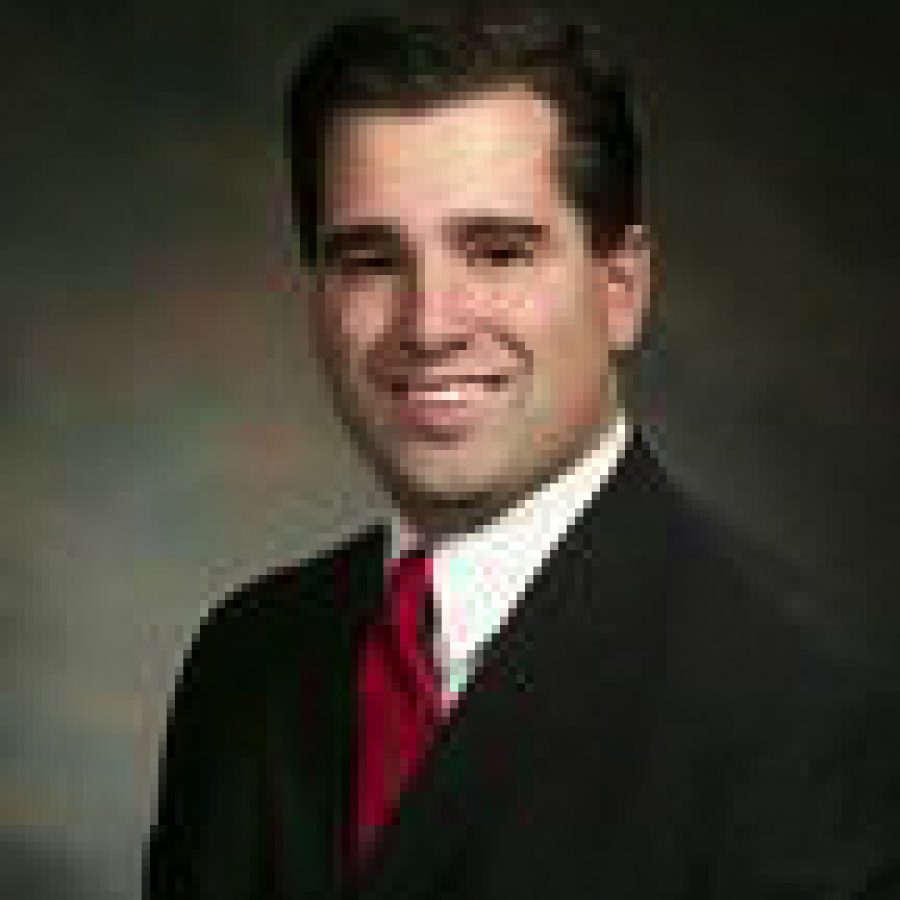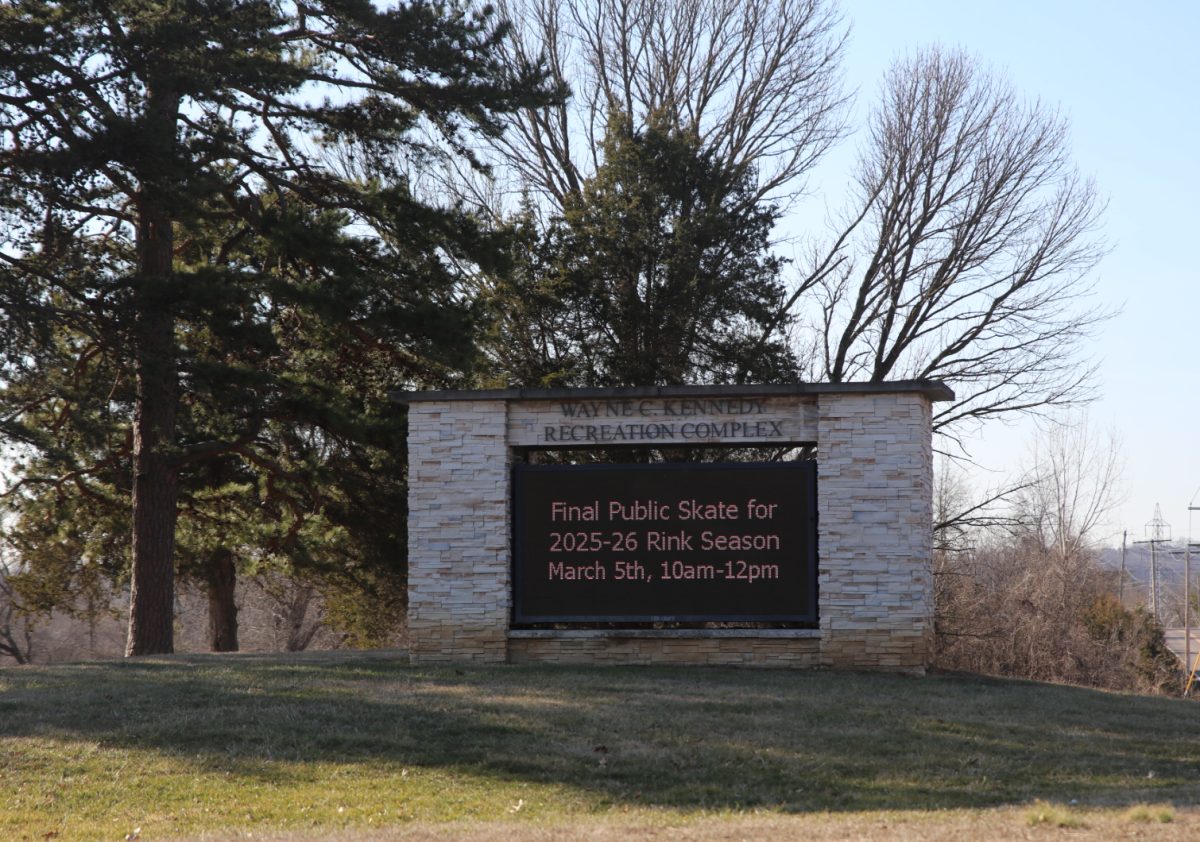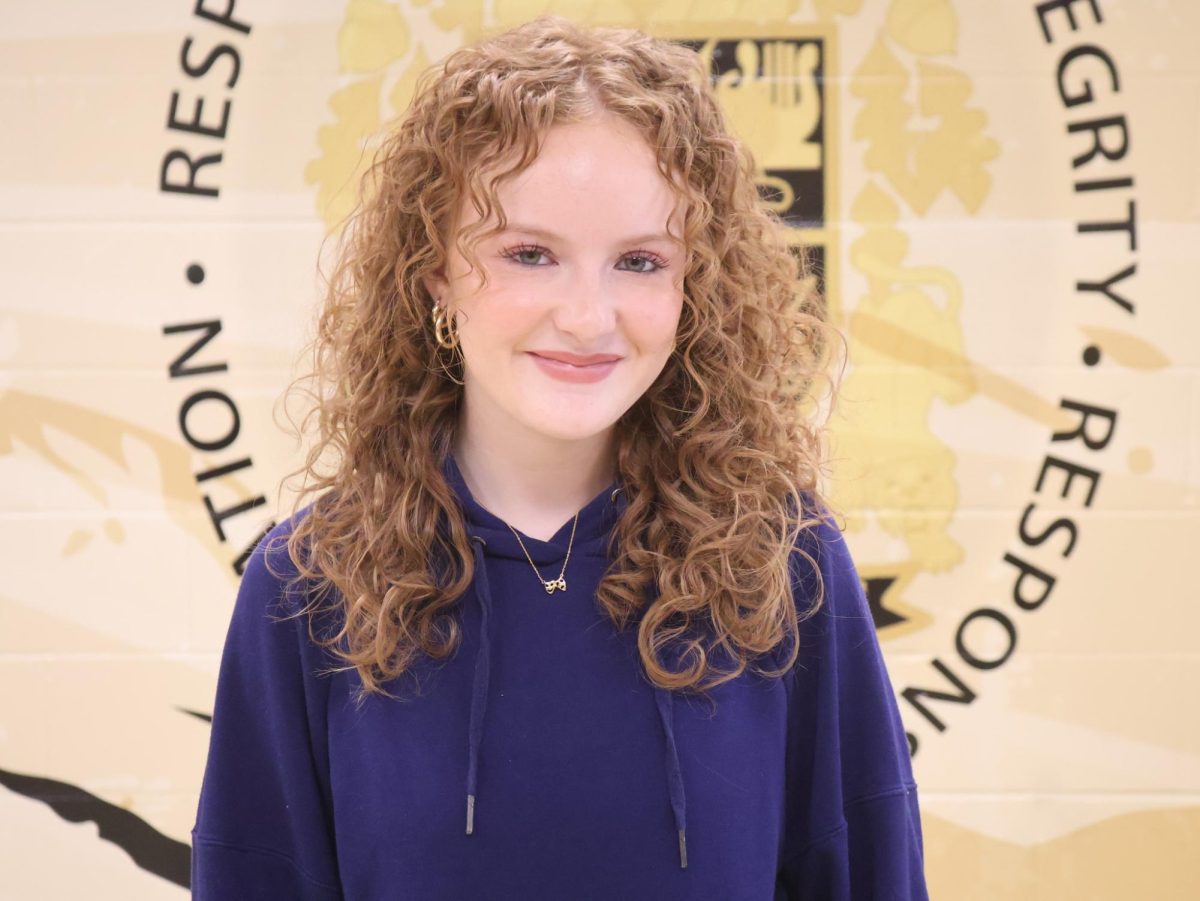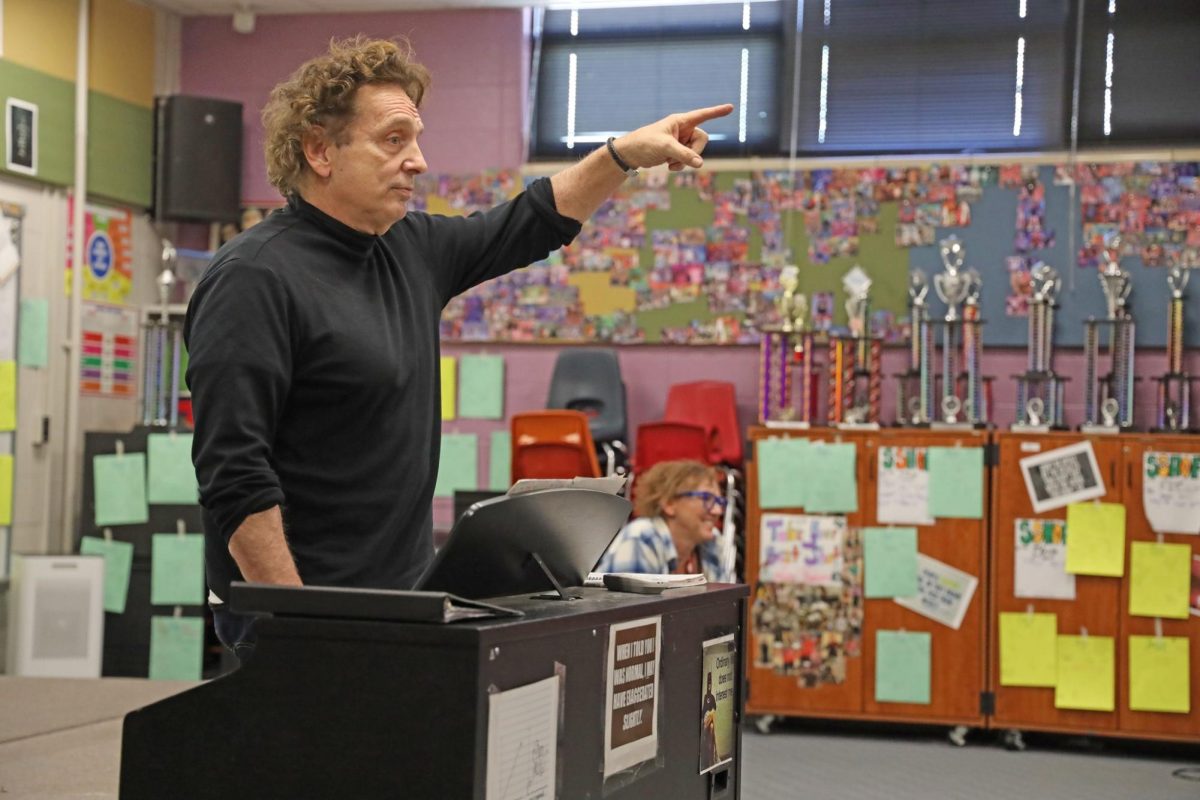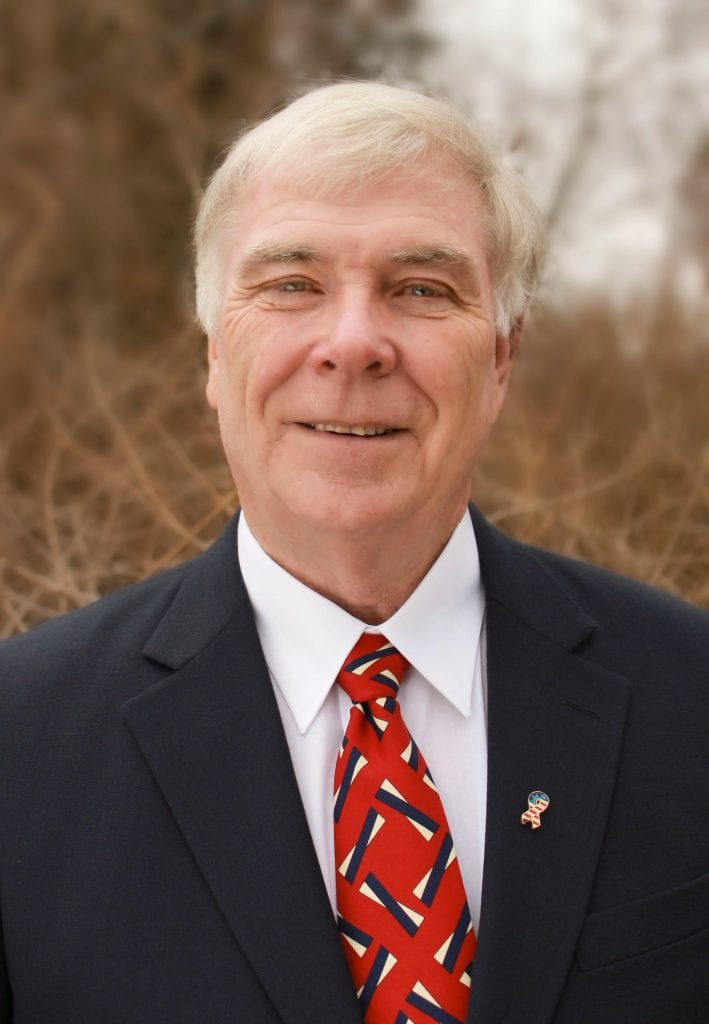To combat declining revenues, Crestwood City Administrator Jim Eckrich has recommended an average annual expenditure reduction of $2.28 million from 2010 through 2013.
Aldermen originally budgeted $13.7 million in expenditures for 2009, but the board already has cut $237,900 from 2009 expenses as the April 1 closing of the Crestwood Court Macy’s is expected to result in sales-tax revenue losses of $181,000 in 2009 and $350,000 in 2010.
With an average annual expenditure reduction of $2.28 million from 2010 through 2013, Eckrich said the city should be able to maintain a minimum beginning cash balance in all three major funds of 10 percent of total budgeted expenditures each year through 2013. He believes the city’s goal should be a cash balance of 20 percent of budgeted expenditures.
Eckrich estimates that Crestwood’s Dec. 31 major-fund cash balances will total $1,968,855 in 2009, $1,811,844 in 2010, $1,519,094 in 2011, $1,579,743 in 2012 and $1,360,527 in 2013.
“What I’m doing is creating a five-year plan that is reasonable based on the revenues we can expect to receive over the next four years,” Eckrich said. “We’re looking at an expenditure reduction of over $2 million.
“That includes no major improvements in the city’s parks and reduction in capital improvements, including reduced street maintenance, almost completely eliminating building maintenance and reduced vehicle and equipment purchases. And we’re looking at a reduction in employees to allow us to be able to come up with an expenditure number that can be sustained with the revenue stream that we expect to receive over the next four to five years.”
In 2010 alone, Eckrich has proposed more than $2.65 million in expenditure cuts.
The capital-improvements fund will see the biggest drop in expenses. While Eckrich estimates $2,486,893 will be spent in 2009 on capital improvements, that figure is slashed to $964,737 in 2010.
Recommended cuts of more than $1.5 million in 2010 capital-improvements services include reduced street improvements, nearly all building maintenance and reduced vehicle and equipment purchases.
Those reductions are due largely to a projected capital-improvements sales-tax revenue decline. While the city is expected to raise $2,330,976 in capital-improvements revenue in 2009, it is projected to raise only $1,034,000 in 2010. The capital-improvements fund shows gradual revenue growth of $1.27 million in 2011, $1.3 million in 2012 and $2.13 million in 2013.
The revised five-year plan for capital improvements shows expenditures totaling $1,204,682 in 2011, $1,278,803 in 2012 and $2,132,010 in 2013.
The general fund is slated to experience $469,429 in expenditure reductions in 2010. Eckrich has recommended that the city accomplish most of this reduction through $440,000 in personnel cuts.
With 2009 projected expenditures of $8,574,874 in the general fund, the revised five-year plan shows expenditures of $8,105,445 in 2010, $8,032,954 in 2011, $8,193,613 in 2012 and $8,357,485 in 2013.
General-fund revenue estimates are $8,656,200 in 2009, $8,494,400 in 2010, $8,354,400 in 2011, $8,239,400 in 2012 and $8,124,400 in 2013.
The park and stormwater fund is expected to see $659,540 in cuts in 2010. Eckrich is recommending all capital improvements to the Community Center, Aquatic Center and all parks be cut to balance that fund.
While the city is expected to spend $2,402,769 in the park and stormwater fund in 2009, Eckrich recommends spending $1,743,229 in 2010, $1,712,514 in 2011, $1,689,335 in 2012 and $1,617,121 in 2013.
Revenue in the park and stormwater fund is expected to gradually drop each year as the city expects to receive $1,936,700 in 2009, $1,817,000 in 2010, $1,733,000 in 2011, $1,683,000 in 2012 and $1,633,000 in 2013.
Eckrich also notes that the park and stormwater fund can afford to pay only $300,000 of the $1,050,000 annual debt-service payment to the Aquatic Center in 2010 and 2011.
“… The actions the city have taken over the past several years, along with substantial decreases in sales-tax revenues, have depleted all cash within the park and stormwater fund,” Eckrich wrote in a Feb. 9 memo to Mayor Roy Robinson and the Board of Aldermen. “Accordingly, the city administration is recommending the use of capital-improvement fund and general-fund cash reserves in order to make the required 2010 and 2011 payments. Please note that 2011 is the final full payment of this debt, as a substantial portion of the 2012 payment is held in escrow. Once the (Aquatic Center) debt is retired, the park and stormwater fund could be made to repay the general fund and the capital-improvements fund over time.
“However, given that a number of costs now paid by the park and stormwater fund were originally general-fund costs, I am not sure I would recommend such action. Regardless of my recommendation, this matter would eventually need to be decided by the Board of Aldermen.”
An unscheduled early debt payment of $895,000 will be made by April 10 on a $2.87 million financing agreement approved in 2006 with Royal Banks of Missouri.
As the remaining balance on that debt is an estimated $1.6 million, the city also owes a scheduled 2009 payment of $431,576 by March 1 and a scheduled interest payment of $46,376 by Sept. 1. Between the unscheduled $895,000 payment and this year’s scheduled payments of principal and interest, the city will pay a combined $1,372,952 in 2009 toward that debt. Eckrich’s revised five-year plan assumes that aldermen will retire that debt in 2010.
In recommending a minimum cash balance of 10 percent and a goal cash balance of 20 percent, Eckrich said he studied reserve balances in other cities.
“We went about this two different ways,” he said. “One, the finance officer (Douglas Brewer) and I talked about what cash figure we felt comfortable with looking at the city’s cash-flow analysis over the years.
“Then we looked and did some research to try to figure out if there were standards and how those standards related to the number that we came up with. Through our research, the standard varied from 5 percent of budget to 25 percent of budget. So it’s not like there was a hard number out there where we said: ‘OK, we think we can go with this.’ So we went back to: ‘Are we in the ballpark with what we think?’ And we felt like the city should have somewhere slightly above $1 million. And based on a $12 million budget, we felt pretty good with $1.2 million (in cash reserves) … A lot of things can happen, and you should always be prepared for your worst-case scenario. And I’m not sure that 10 percent does that. I think 20 percent does … But you don’t want to have too much money. If you have too much money, that’s not what you want to do. You want to provide services.”



